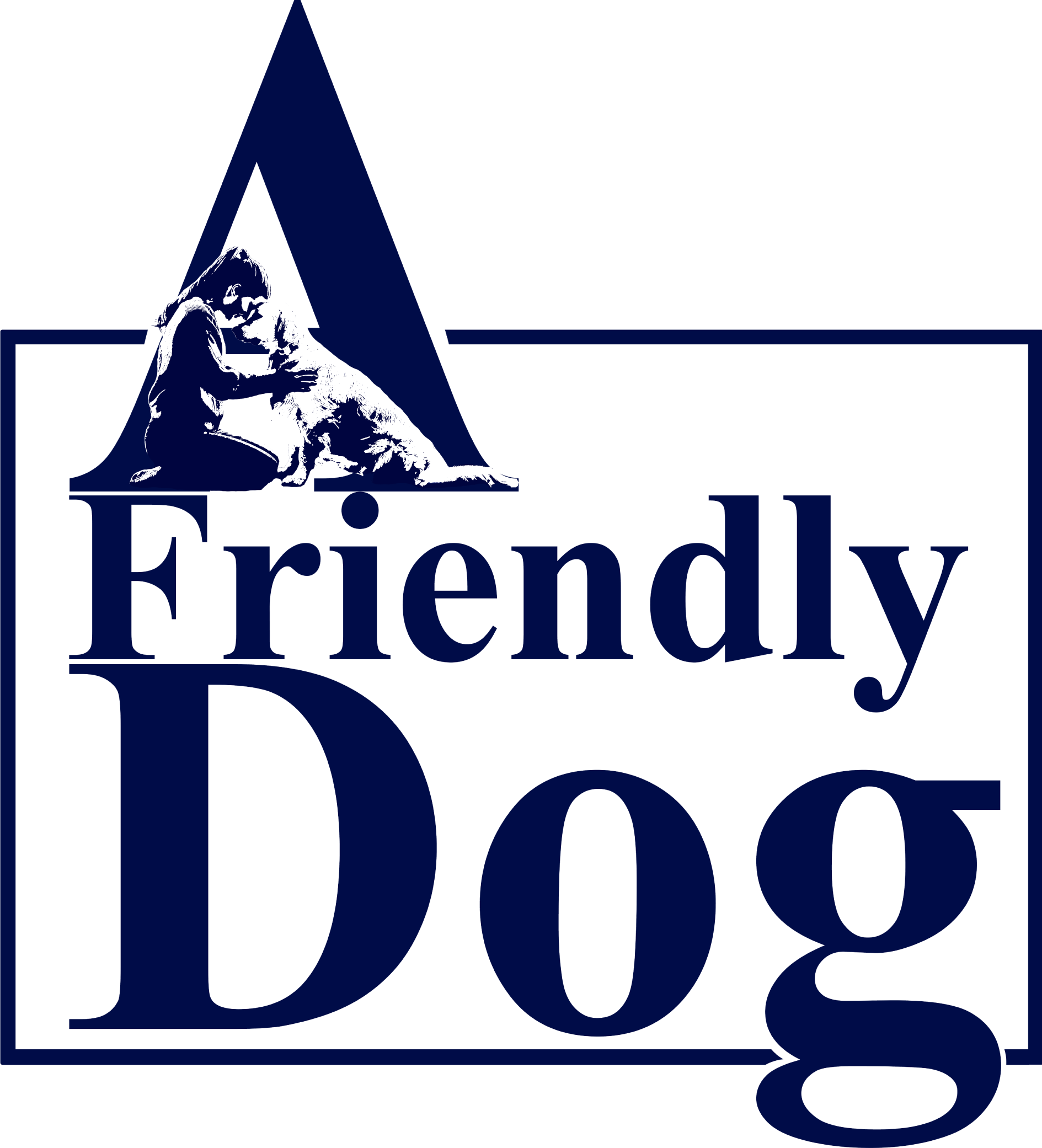Feeding At Different Life Stages
Puppies necessitate higher quantities of protein, fat, and carbohydrates compared to adult dogs. Additionally, puppies require more frequent feeding throughout the day, unlike adult dogs. This is due to the fact that puppies are more active than older dogs, resulting in greater caloric, energy, and movement-based requirements for a raw food diet.
Elderly canines require a diet with limited protein content, but the protein must be easily digestible and absorbed by the body. It is essential that their diet includes a sufficient and readily available supply of water. Overfeeding aged dogs with protein can potentially strain their renal structures, resulting in kidney damage. This risk is particularly heightened when the dog’s immune system is compromised due to various external factors. Likewise, older dogs require less food due to their restricted movement, resulting in reduced energy expenditure.
Female dogs in any stage of pregnancy should not be deprived of food until they are satiated, as hunger may cause discomfort. However, pregnant and nursing animals require specialized types of food that provide balanced nutrition, along with increased supplementation of vitamins and minerals. The nursing animal with puppies should be provided with an adequate amount of calcium to prevent any deficiencies and ensure the puppies’ bones develop strong and without any deformities.

